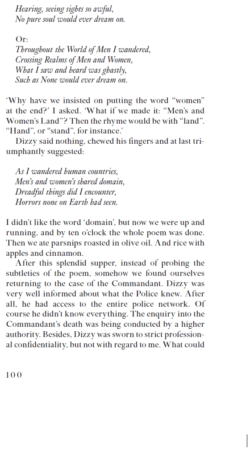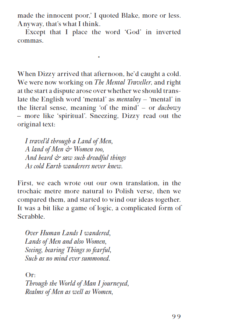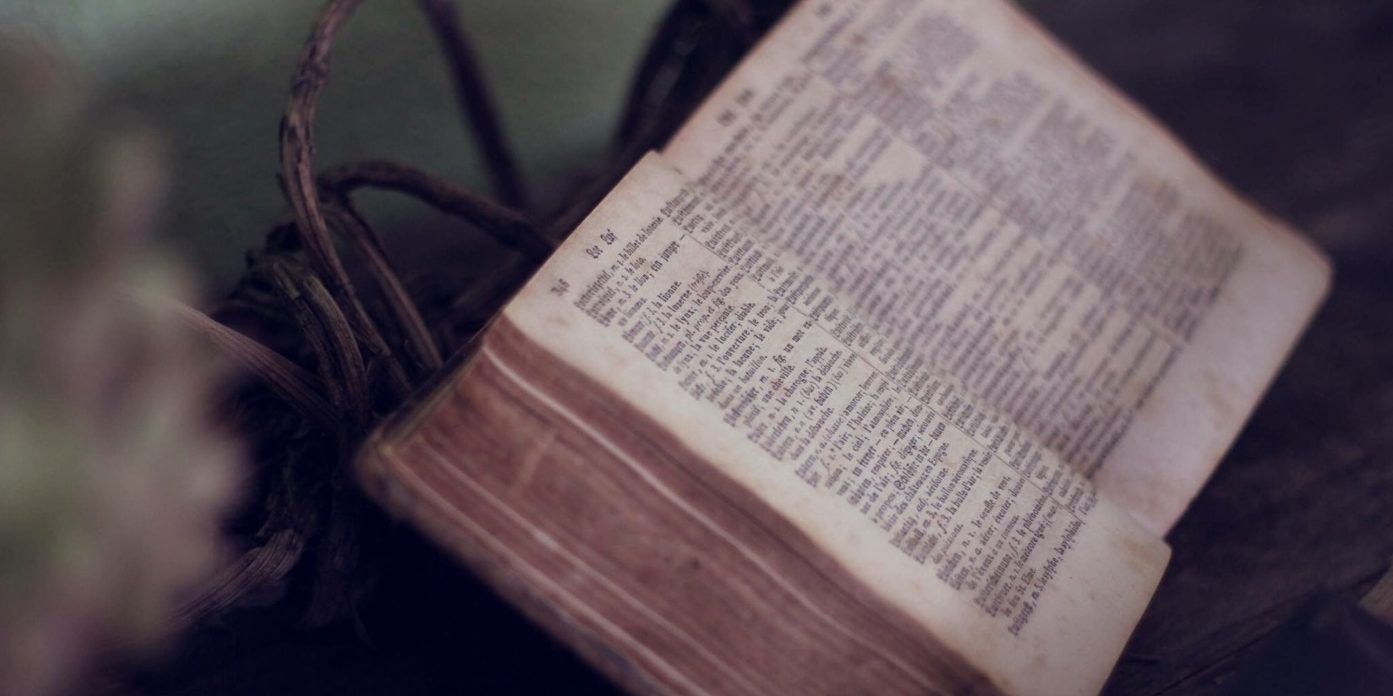In interview with: Antonia Lloyd-Jones
Antonia Lloyd-Jones is best known for her work translating Polish literature into English and was recently nominated for the Warwick Prize for Women in Translation. I spoke to her on her experiences as a translator and the role of translation in current society.
On how she came across the process of translation, Antonia admitted that her journey into the practise was actually a “complete accident”. She “started in the 1980s when Poland was still in the doom and gloom of the communist system” and spoke of her awareness of how “friends … of (her) own age” worried that “their future was going to be hopeless”.
“literature is an absolutely brilliant, universal way of understanding our world better, being in contact with other parts of it and understanding that we’re all a big part of one whole thing and have so much in common”
In “trying to find a role for (her)self in this fight against communism”, she eventually found that her “role was a literary one”. Achieving this transition into translation by getting involved with a “a London-based publisher of Polish books that were illegal in Poland”, she soon found herself translating literature through that connection. “It’s an extremely good way of telling people here what was happening there”, Antonia suggested, adding that “literature is one of the things that connects minds and breaks down barriers”.
The role of translation, as exemplified by the Warwick Prize for Women in Translation, is a vital one in current society. When asked her opinion on why it is still so important, Lloyd-Jones said: “Well, look at our world. If we only read things that are written in English, we’re going to rather narrow the field”. As well as this need for empathy, she highlighted how currently “we have unreliable news sources, it’s hard to tell what’s true and we have such a lot coming at us from different directions”. To combat this issue, “literature is an absolutely brilliant, universal way of understanding our world better, being in contact with other parts of it and understanding that we’re all a big part of one whole thing and have so much in common”. Ultimately, “literature has the power to explain so much to us, through stories and storytelling”.
“Getting that voice absolutely right for an English reader was quite challenging”
Lloyd-Jones was nominated for the prize for her translation of Drive Your Plow Over the Bones of the Dead by Olga Tokarczuk. She spoke on how they “had a great deal of trouble getting (Tokarczuk) published in English” due to the author’s “experimental” narrative style. However, Tokarczuk was then awarded the Manbooker International, sparking the publisher’s decision to go ahead with publishing her works in English. “It’s a very good book by a very good author who deserves recognition,” Antonia stated, recognition “which she now has because she won the Nobel Prize” for Literature in 2018, awarded in 2019.
On the difficulties of the translation process, Lloyd-Jones described them to be “fun challenges”. “Getting that voice absolutely right for an English reader was quite challenging,” she revealed. Upon finishing, she then “thought the voice was too eccentric in English and worked better in Polish” and so “fine-tuned it for an English reader’s sensibility”.
A particular difficulty mentioned was one she was “quite rebellious (against) at first but did manage in the end”. “There’s a scene where the main character and her protégé translate a quatrain of William Blake’s poetry five or six times into Polish”, she explained. The difficulty arose when she realised that she couldn’t “translate William Blake into not William Blake, that doesn’t make any sense at all”. Eventually, however, she worked out a way to “make up some bad versions of William Blake” which “people seemed to like and find funny”, thus overcoming the difficulty of “(recreating) a piece of poetry that everyone knows in English, but (recreating) it badly”.

Example of the ‘bad’ rendition of William Blake referred to. Credit: Antonia Lloyd-Jones

Speaking to Antonia Lloyd-Jones highlighted just how vital the role of translation is in current society and it is clearly a practise that the industry must work to preserve and continue. For more information about the Warwick Prize for Women in Translation, click here.

Comments